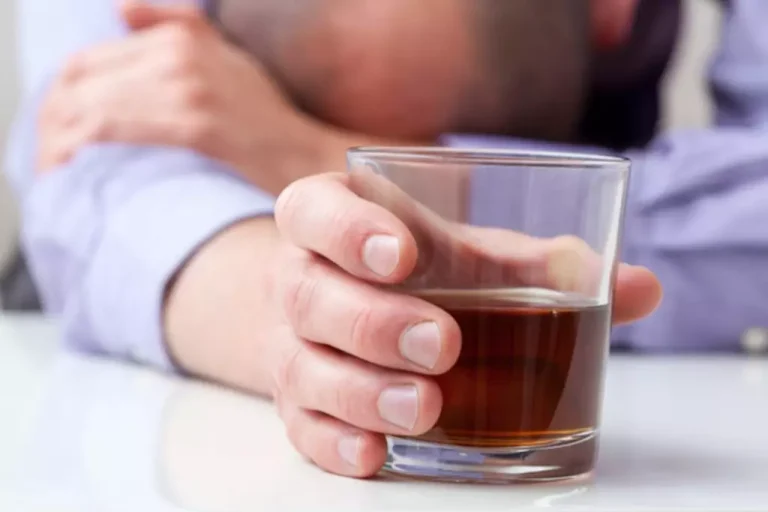
Alcohol can be detected from 12 to 24 hours in the breath, as well as in saliva. And when tested in the hair, especially at the root, alcohol can be detected up to 90 days after a person has stopped drinking. The short-term effects of alcohol can be broken down into three areas.
How Long Does Alcohol Stay in Your Body?

However, drinking water between alcoholic beverages can help stave off a hangover or reduce its severity. On this page, we address a common myth linked with alcohol misuse and binge drinking – that drinking water can ‘flush’ how to flush alcohol out of your system alcohol from your system. Once you consume alcohol, your body starts to break it down to eliminate it from your system, mainly through the liver. Everyone metabolises alcohol differently and at different speeds.
Short-Term Effects of Alcohol
The higher the number, the worse a person’s symptoms are and the more treatments they likely need. Most people stop having withdrawal symptoms four to five days after their last drink. While there’s no instant cure for alcohol in your system, combining immediate actions with long-term lifestyle changes can significantly impact how quickly you recover. Embracing mindful drinking can also transform your relationship with alcohol, leading to healthier habits. Sleep also helps restore the body’s ability to get alcohol out of the system.
Want to live to 100? It might be time to try this new supplement
- The second is a chronic phase in which you drink large amounts of alcohol, but you are conscious and moving naturally due to the high tolerance developed over time.
- To take the first step towards a healthier, alcohol-free life, schedule an appointment with us today or give us a call.
- Vitamins play a crucial role in the body’s recovery process after alcohol consumption, with Vitamin B being particularly important.
- However, drinking water between alcoholic beverages can help stave off a hangover or reduce its severity.
- Here are some tips for what to eat and not to eat as you flush alcohol out of your system.
The severity of the short-term effects of alcohol depends on how much you’ve had to drink. Alcohol detoxification programmes are treatment plans created for people dealing with alcohol dependency. Residential rehab is especially advantageous for those who struggle to remain sober and need assistance to overcome their addiction.

Addiction: What to Know About Detox
- To assess a person’s withdrawal symptoms and recommend treatments, doctors often use a scale called the Clinical Institute for Withdrawal Assessment for Alcohol.
- One of those waste products is a protein called beta-amyloid, which contributes to the development of Alzheimer’s disease (13, 14).
What are the signs that I should seek professional help for my drinking?
- You should regularly sleep 7 to 9 hours per night to help promote good health (18).
- We want to give recovering addicts the tools to return to the outside world completely substance-free and successful.
- Antibiotic use, poor dental hygiene, and diet quality can all alter the bacterial balance in your gut (43, 44, 45).
- A small percentage is also expelled in your breath or excreted in your sweat.


Add Your Comment